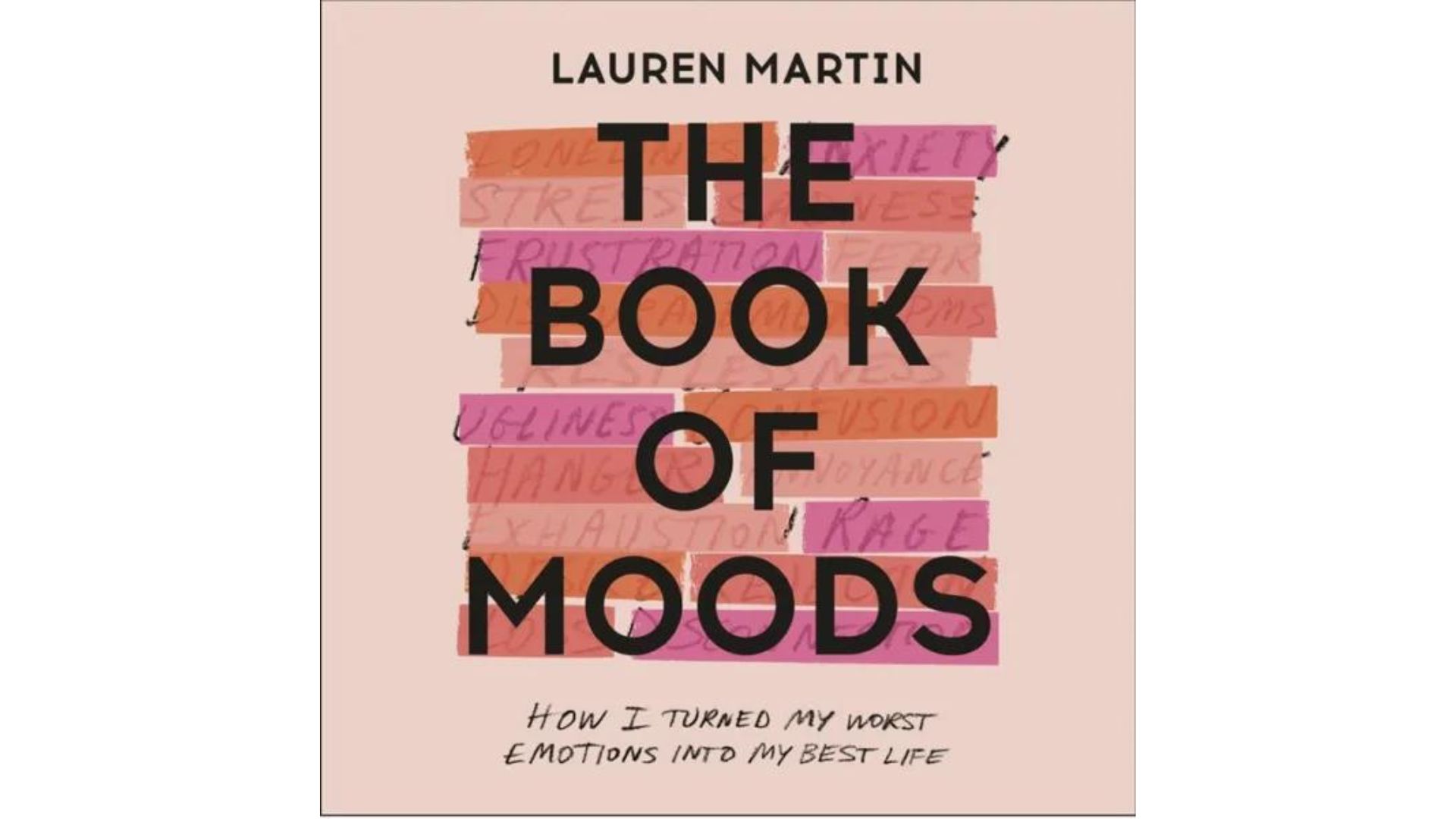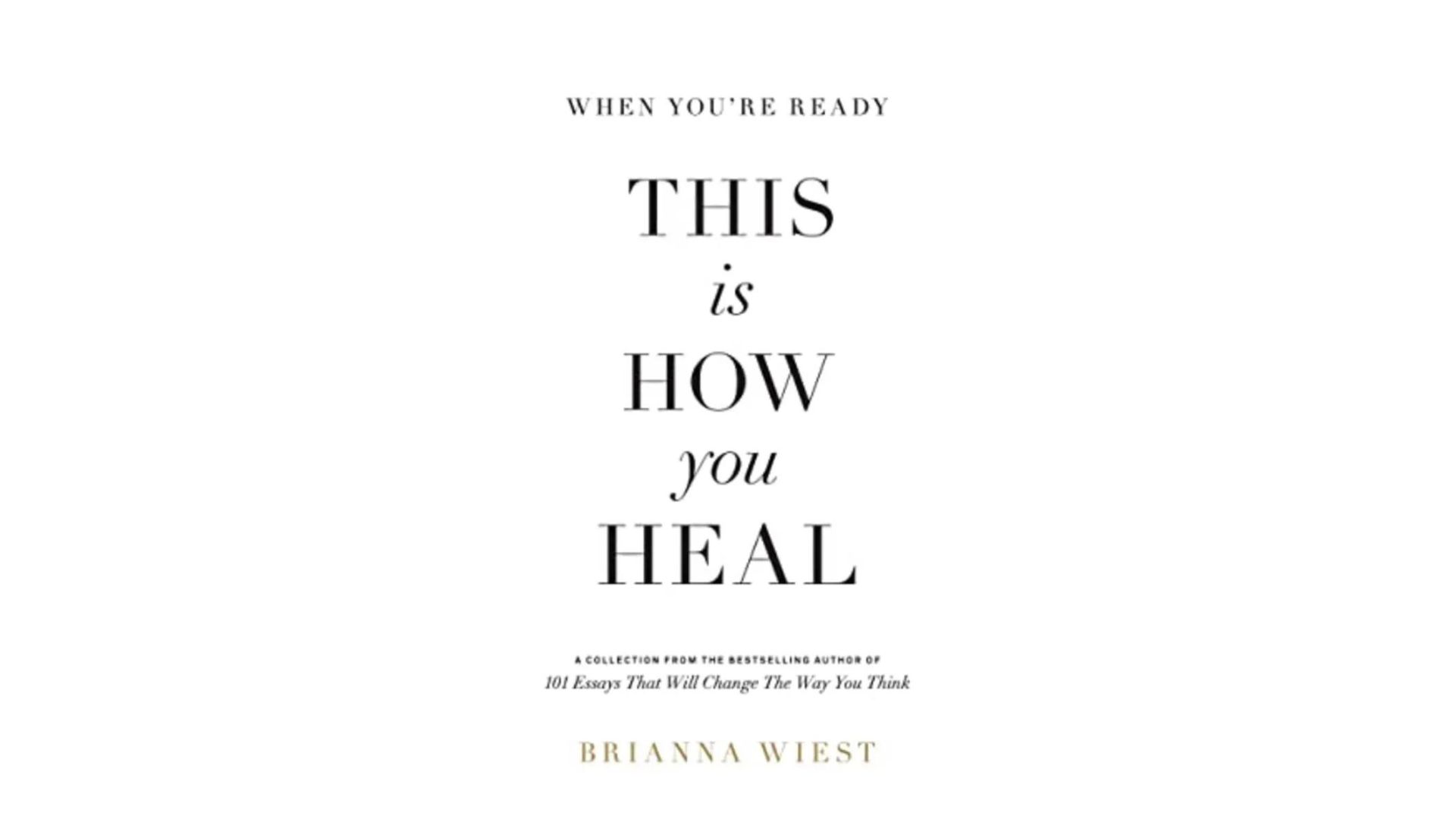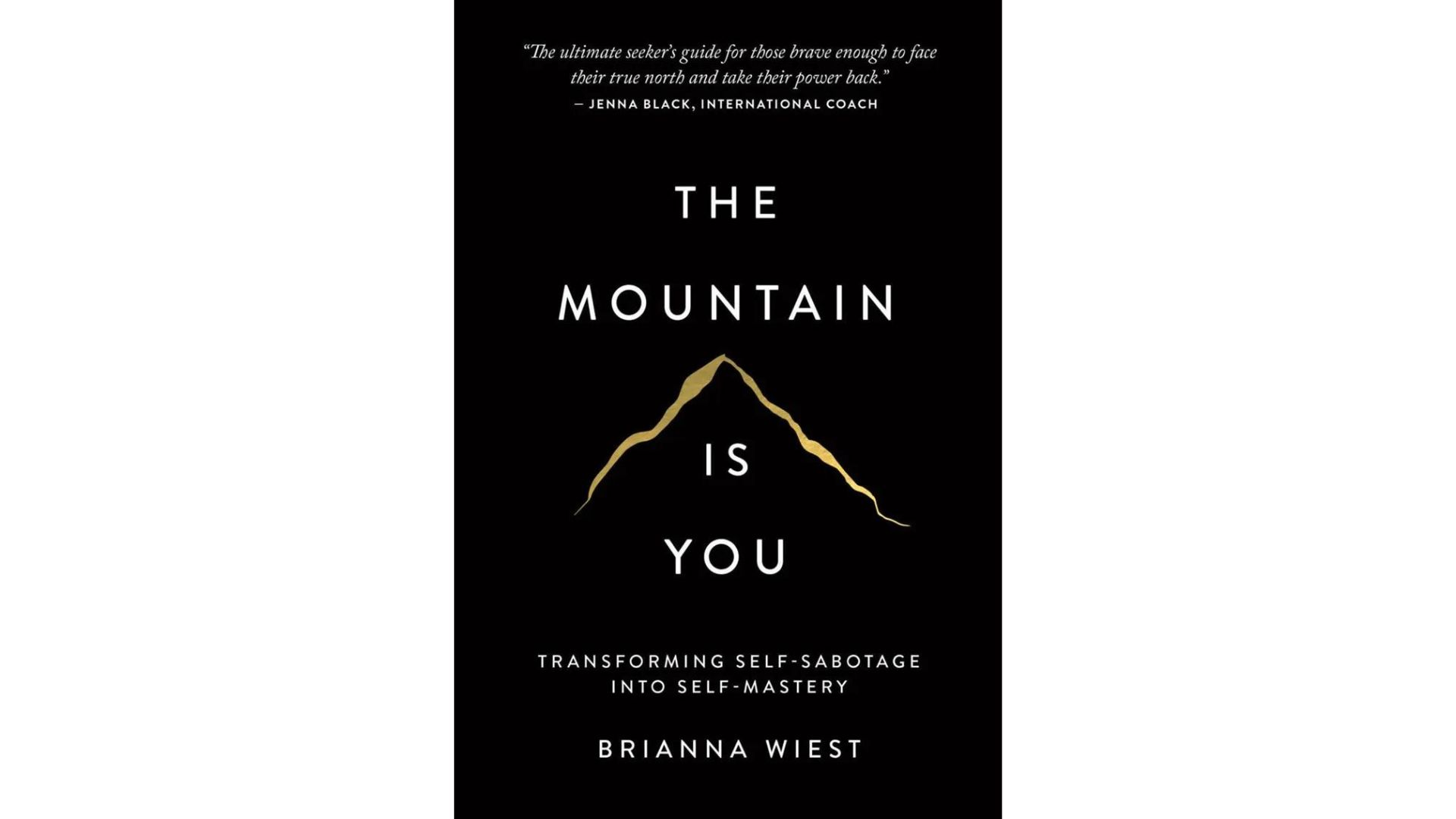Being labeled as emotionally needy, high maintenance, overly sensitive, demanding, or selfish can be challenging and often feels like an unfair judgment. These labels can arise from how others perceive our emotional needs and responses. However, it’s essential to understand that such perceptions may not fully capture the complexities of one’s emotional landscape.
Our thoughts significantly impact our emotions and behavior. The thoughts that fill our minds, consciously or unconsciously, play a critical role in shaping our mood and overall attitude towards life. These thoughts can be influenced by past experiences, personal beliefs, and the way we interpret situations around us.
In books like Mind Over Mood, PhD holders Dennis Greenberger and Christine A. Padesky discuss the concept of “automatic thoughts.” These are spontaneous thoughts that occur without our conscious awareness or control. Often, automatic thoughts are negative and can significantly influence our behavior and emotional state. For instance, someone might automatically think, “I’m always a burden,” leading them to feel overly needy or insecure in relationships, even if the reality is different.
Labels like “needy” or “high maintenance” can often oversimplify and misunderstand the genuine emotional needs that all individuals have. It’s important to differentiate between having emotional needs—which are natural and valid—and the sometimes exaggerated or unfair labels that society or individuals might attach to those needs.
Self-awareness and self-compassion are key in navigating these challenges. By understanding the sources of our emotions and thoughts, we can better communicate our needs to others, reduce misunderstandings, and work towards healthier relationships and self-perceptions.
These are some of the books one should consider to understand themselves better:
- The Book Of Moods, Lauren Martin

The Book Of Moods
- A Gentle Reminder, Bianca Sparacino

A Gentle Reminder
- When You’re Ready, This Is How You Heal, Brianna West

This Is How You Heal
- The Mountain Is You, Brianna West

The Mountain Is You
- The Four Agreements, Don Miguel Ruiz

The Four Agreements







